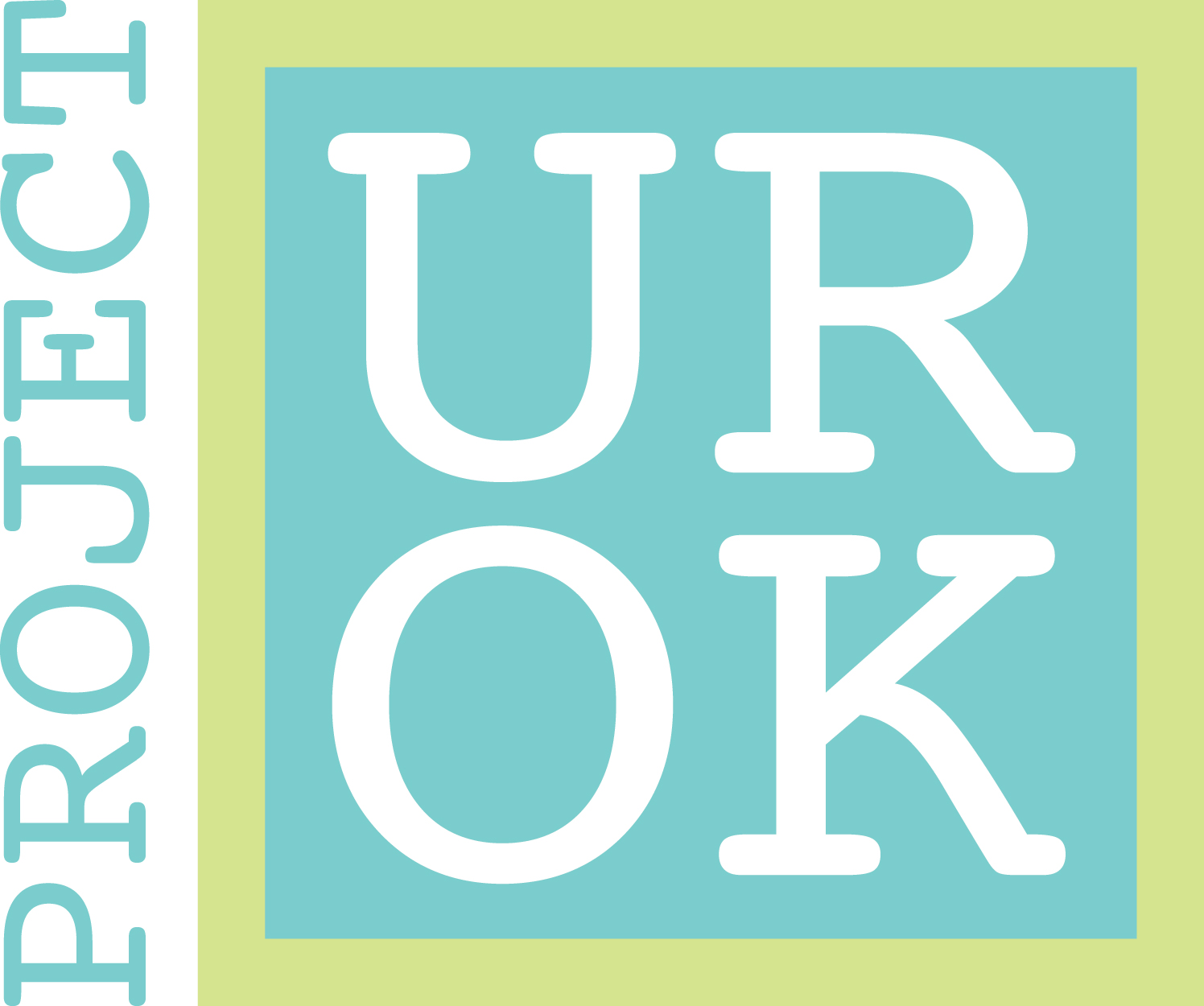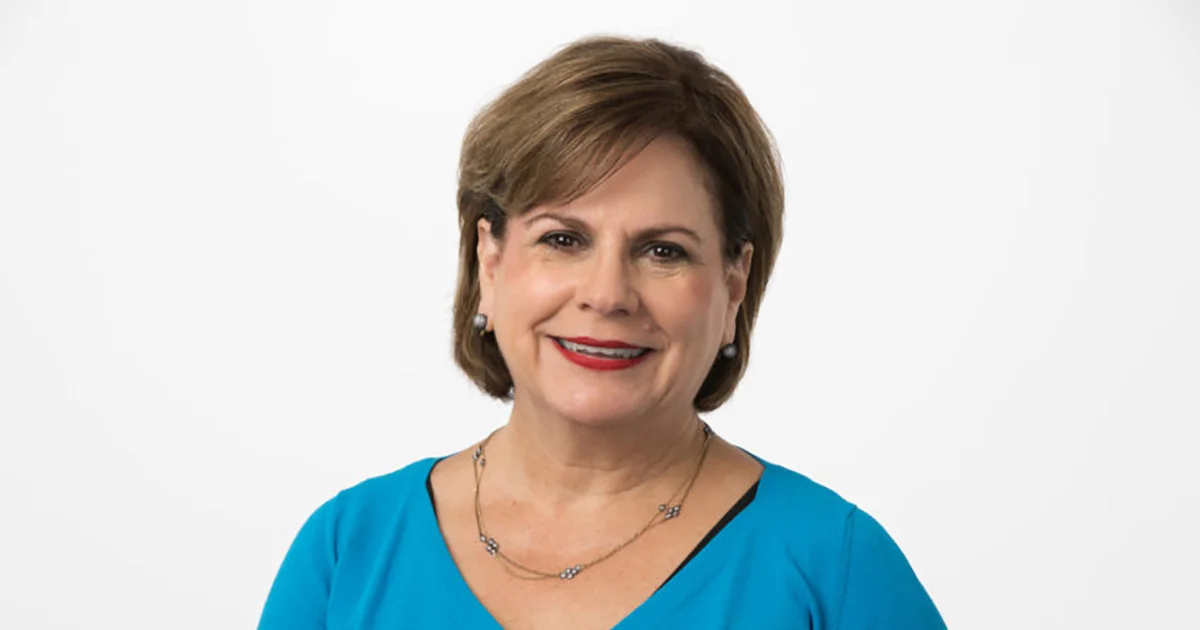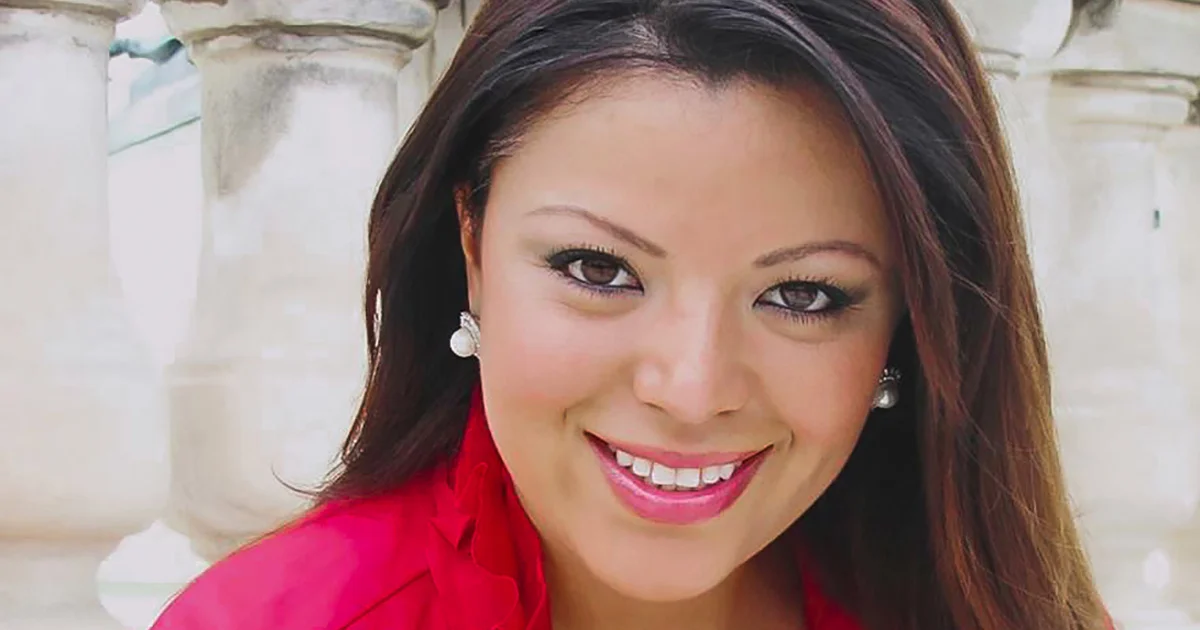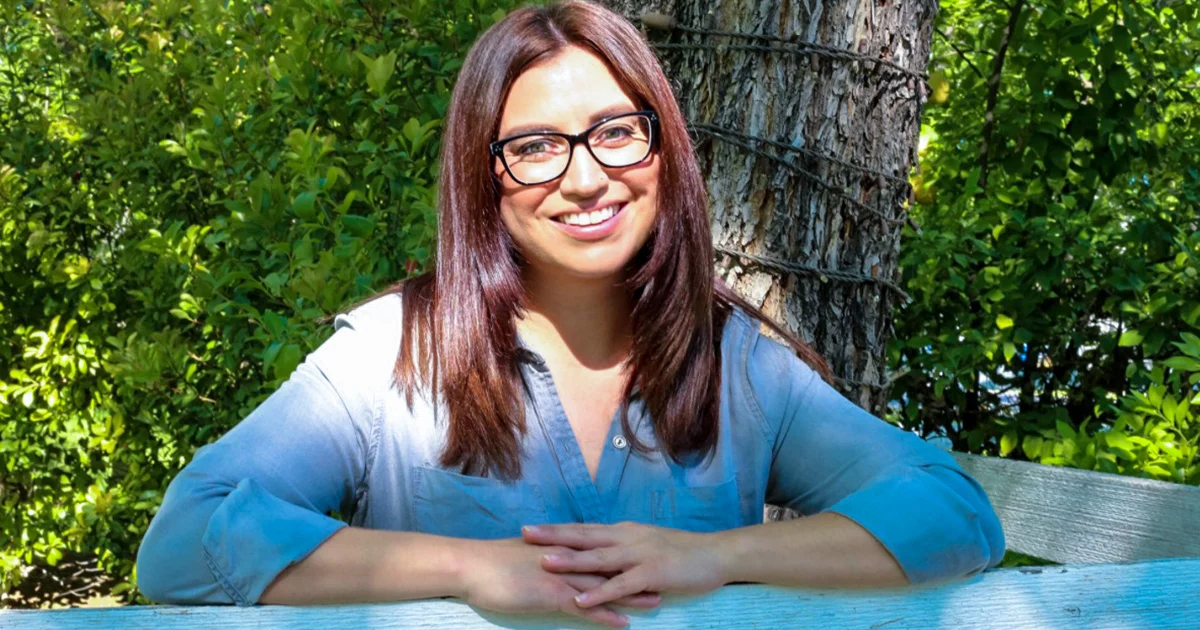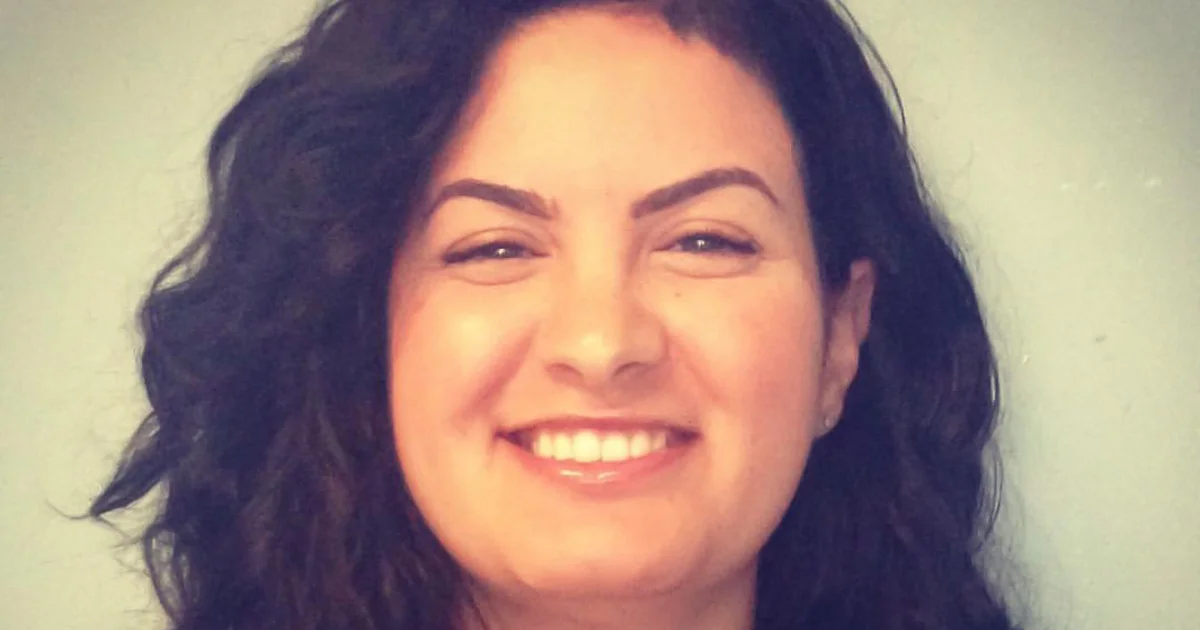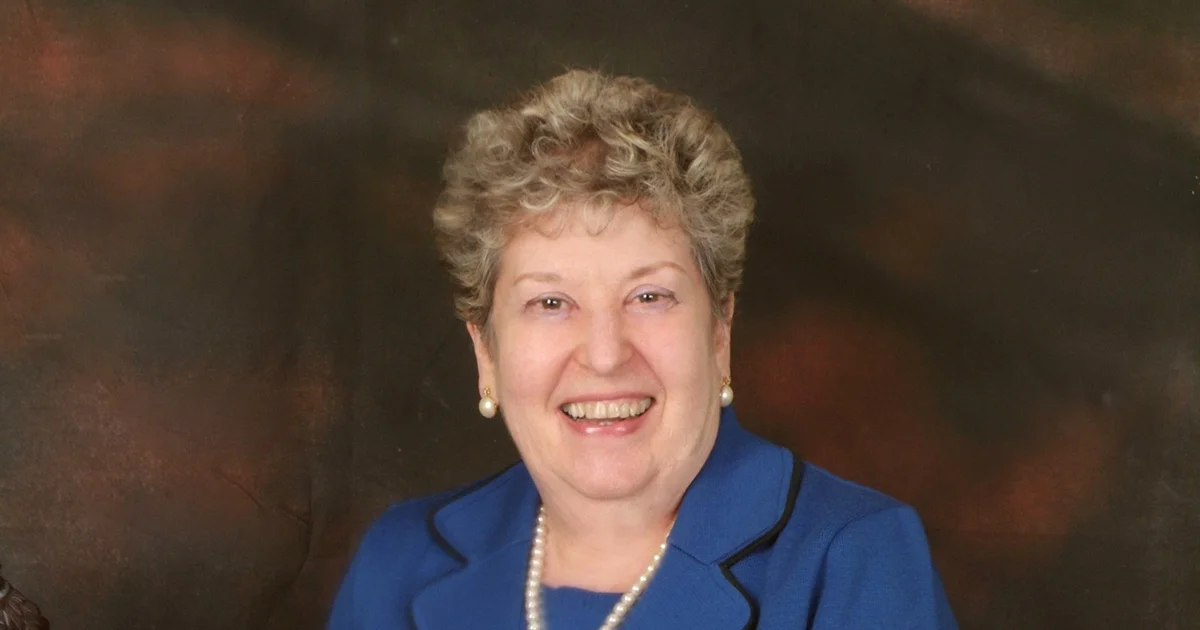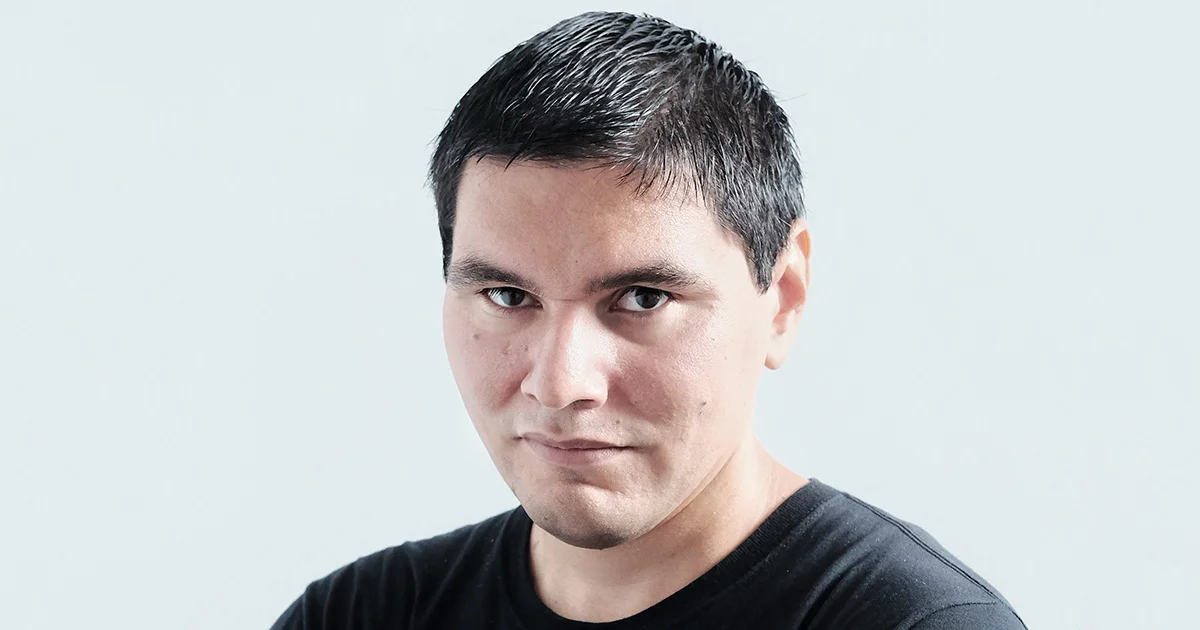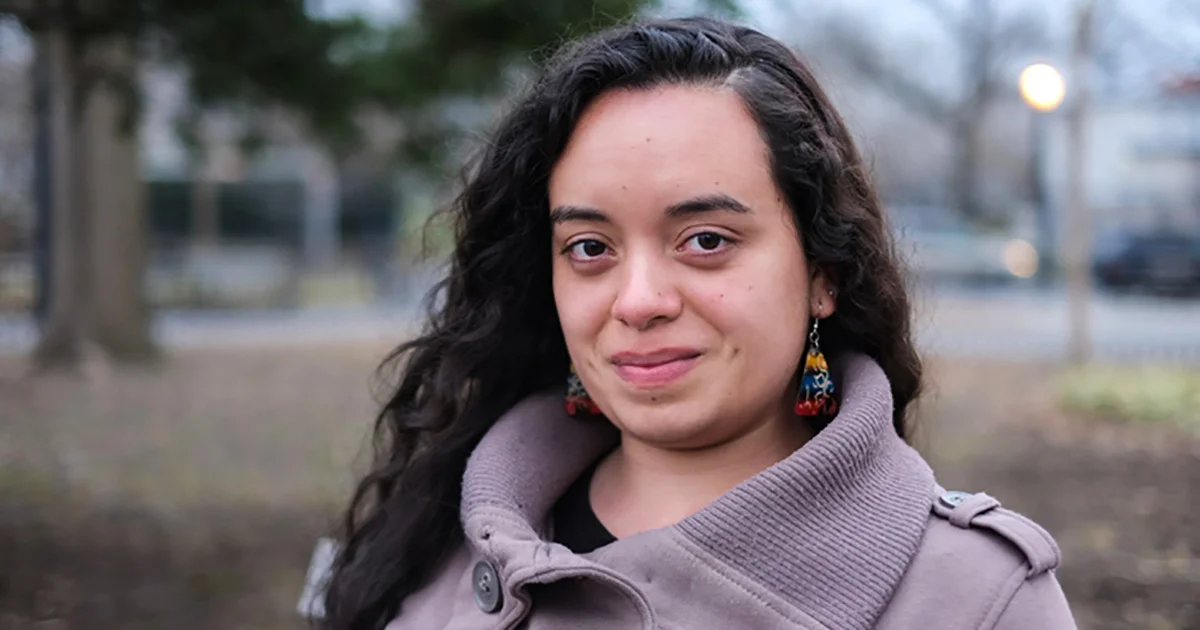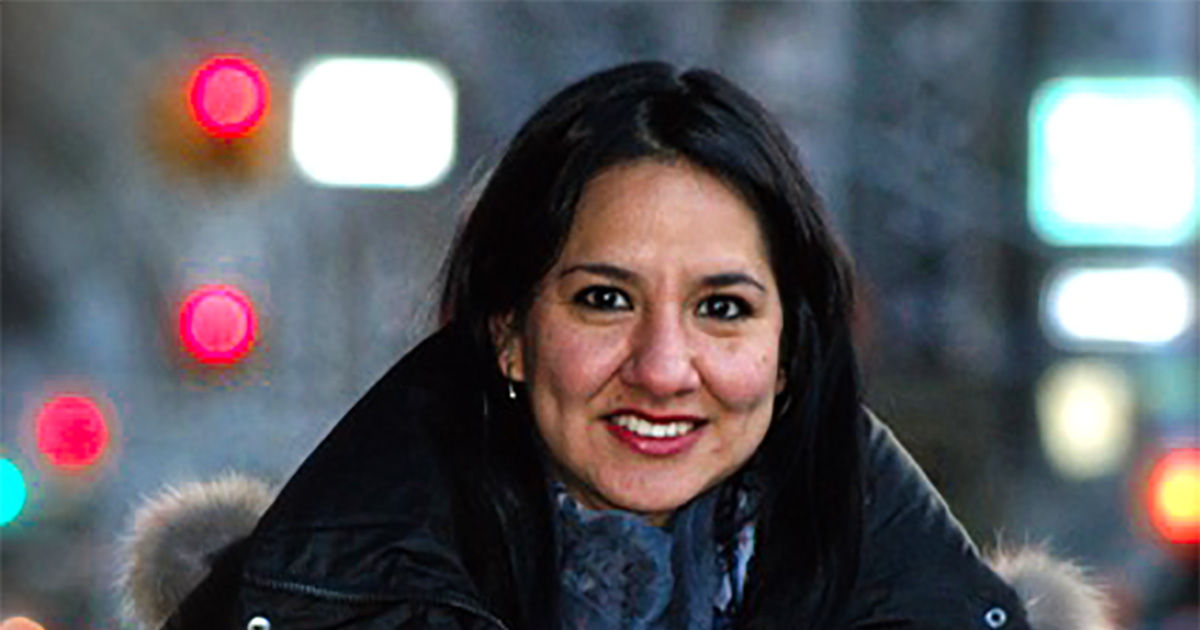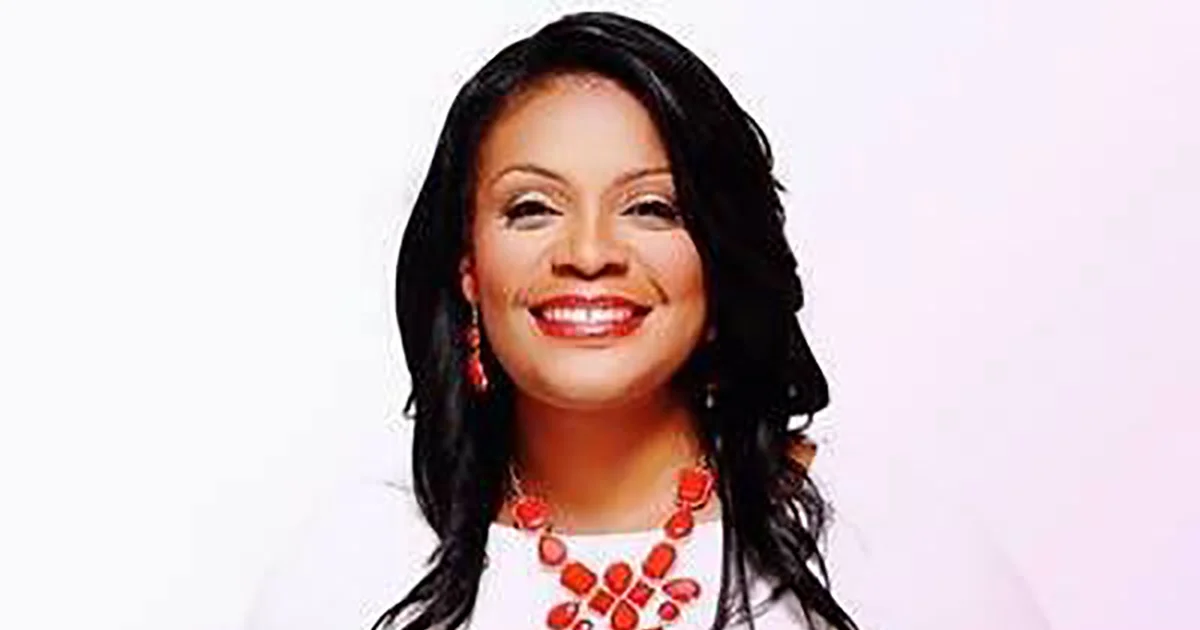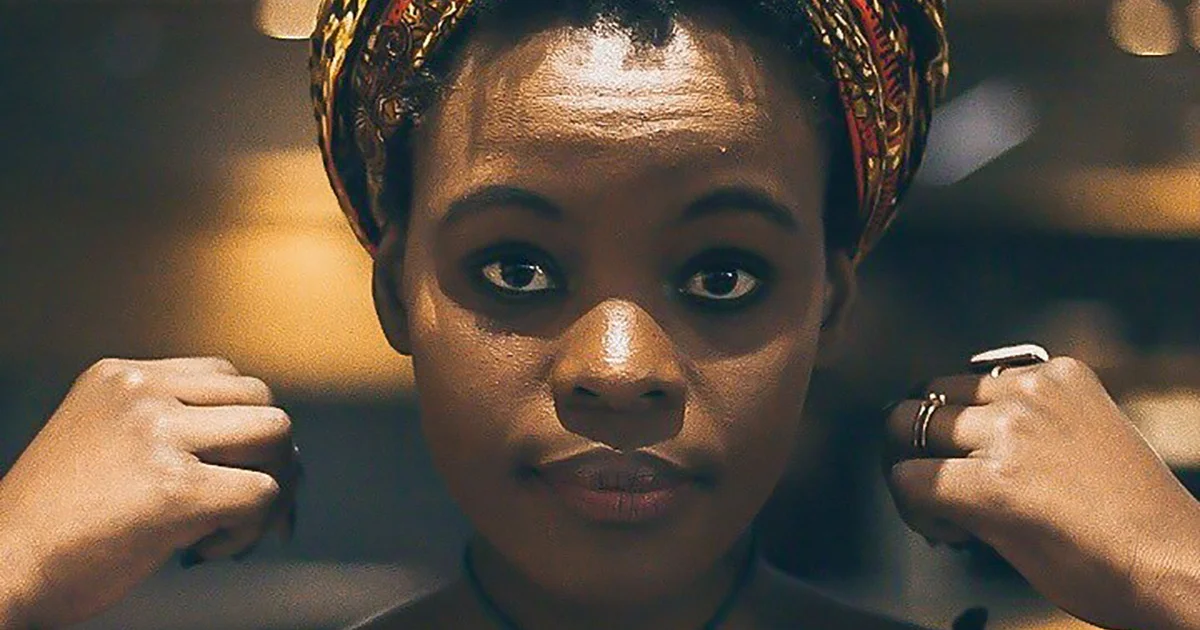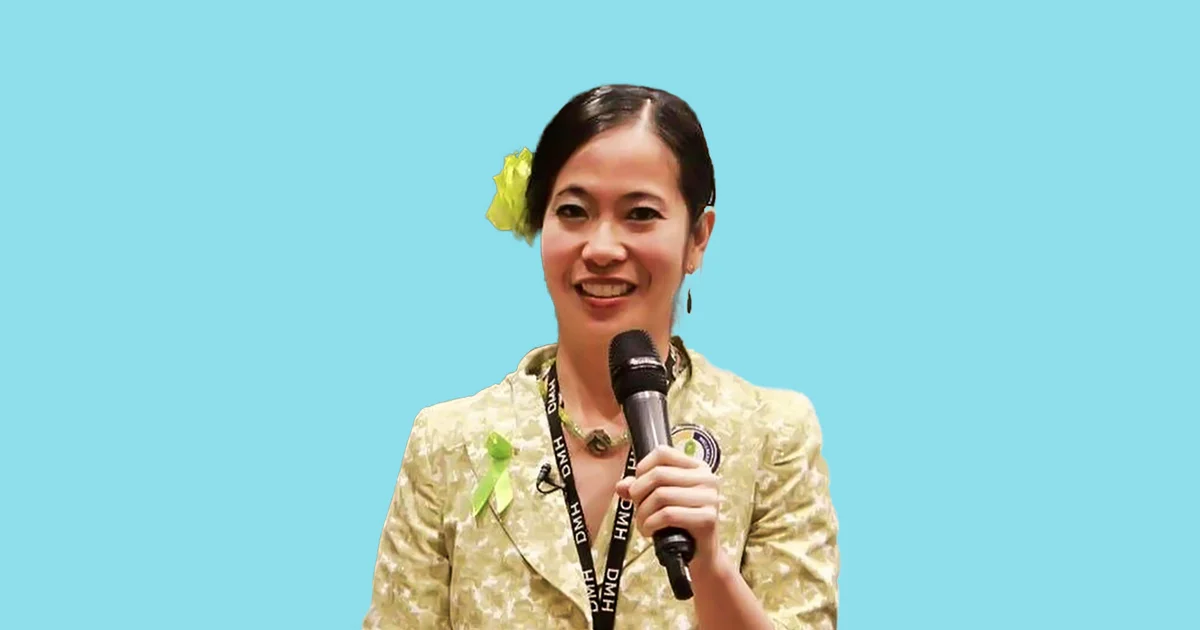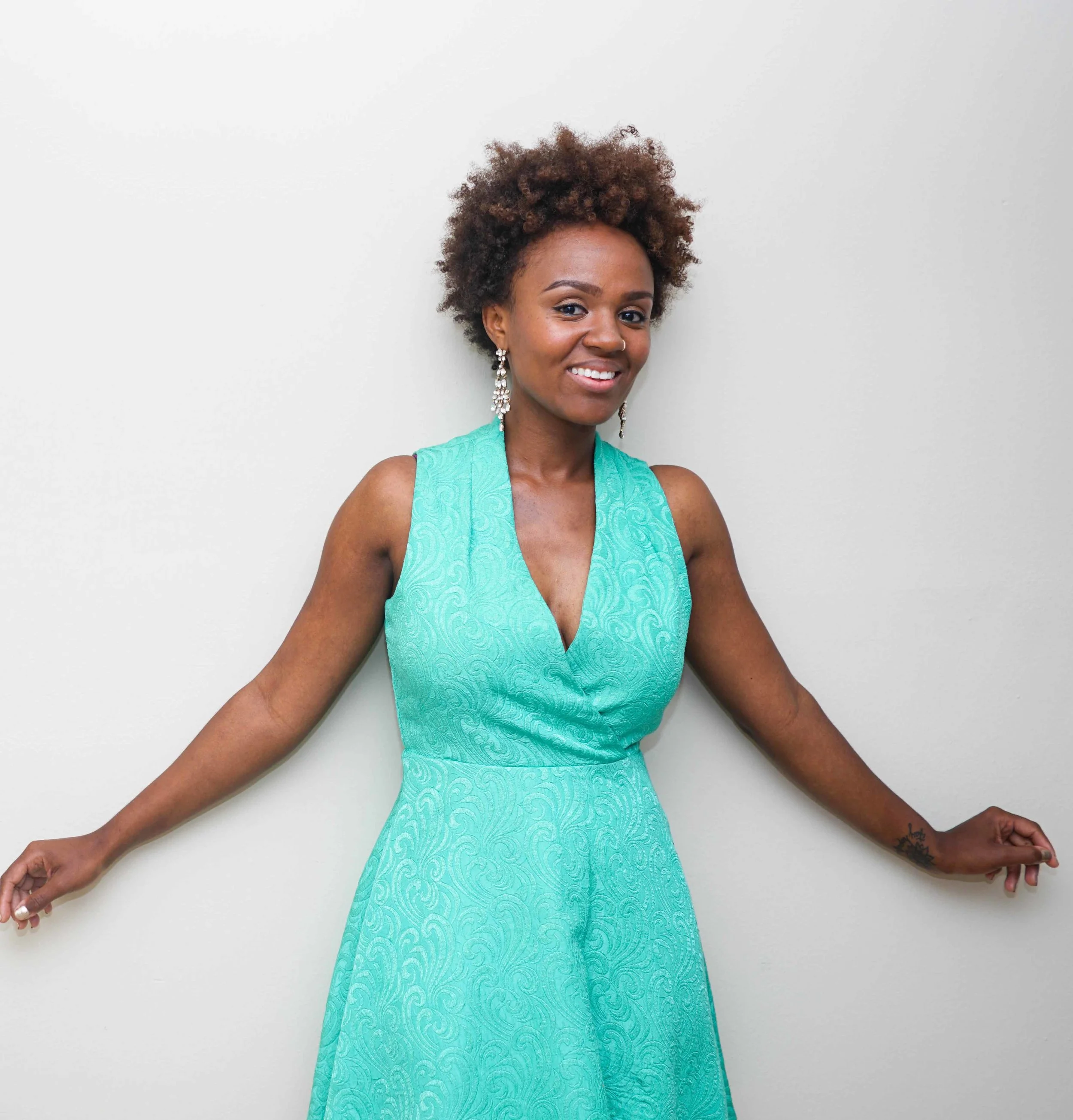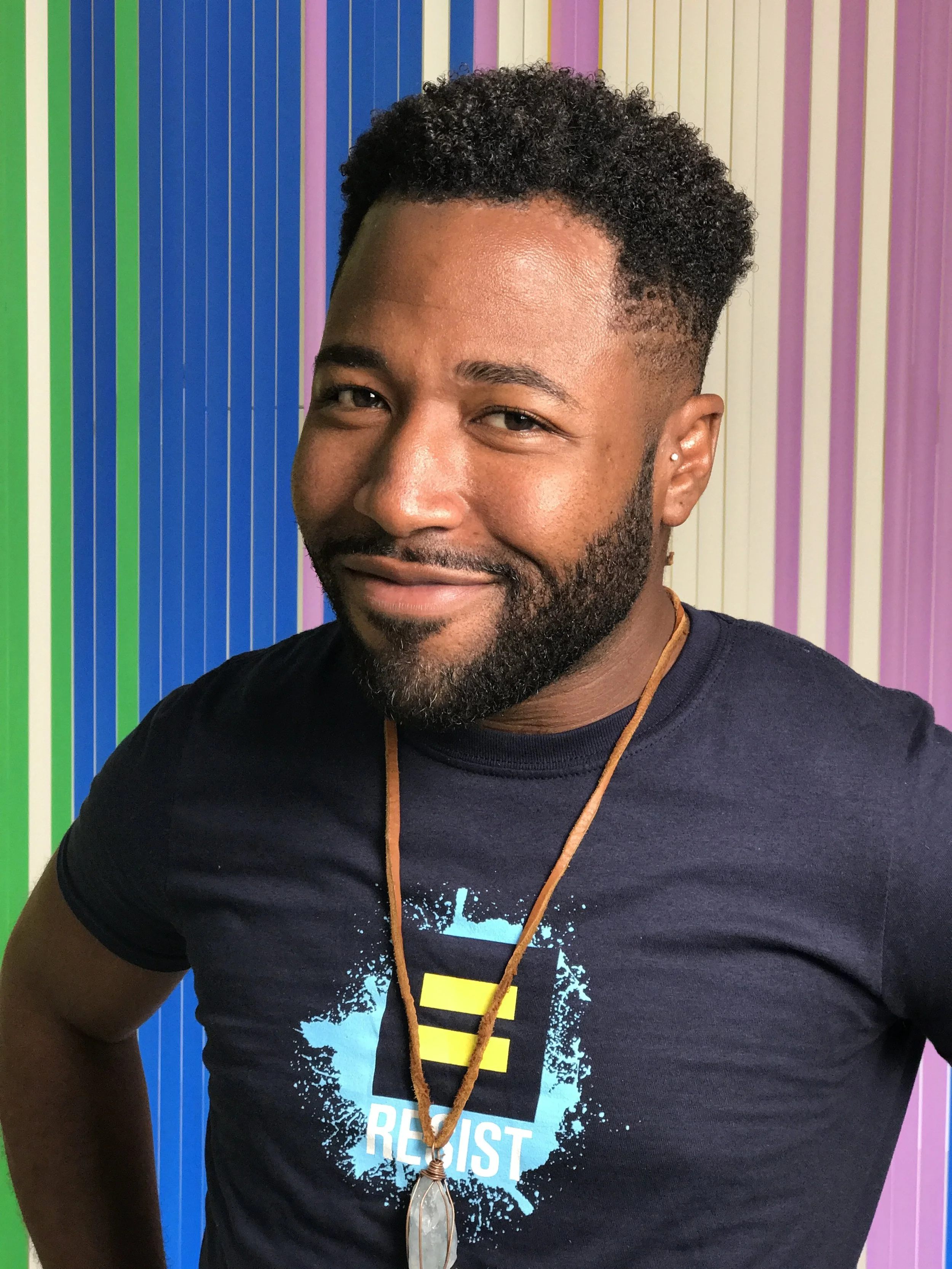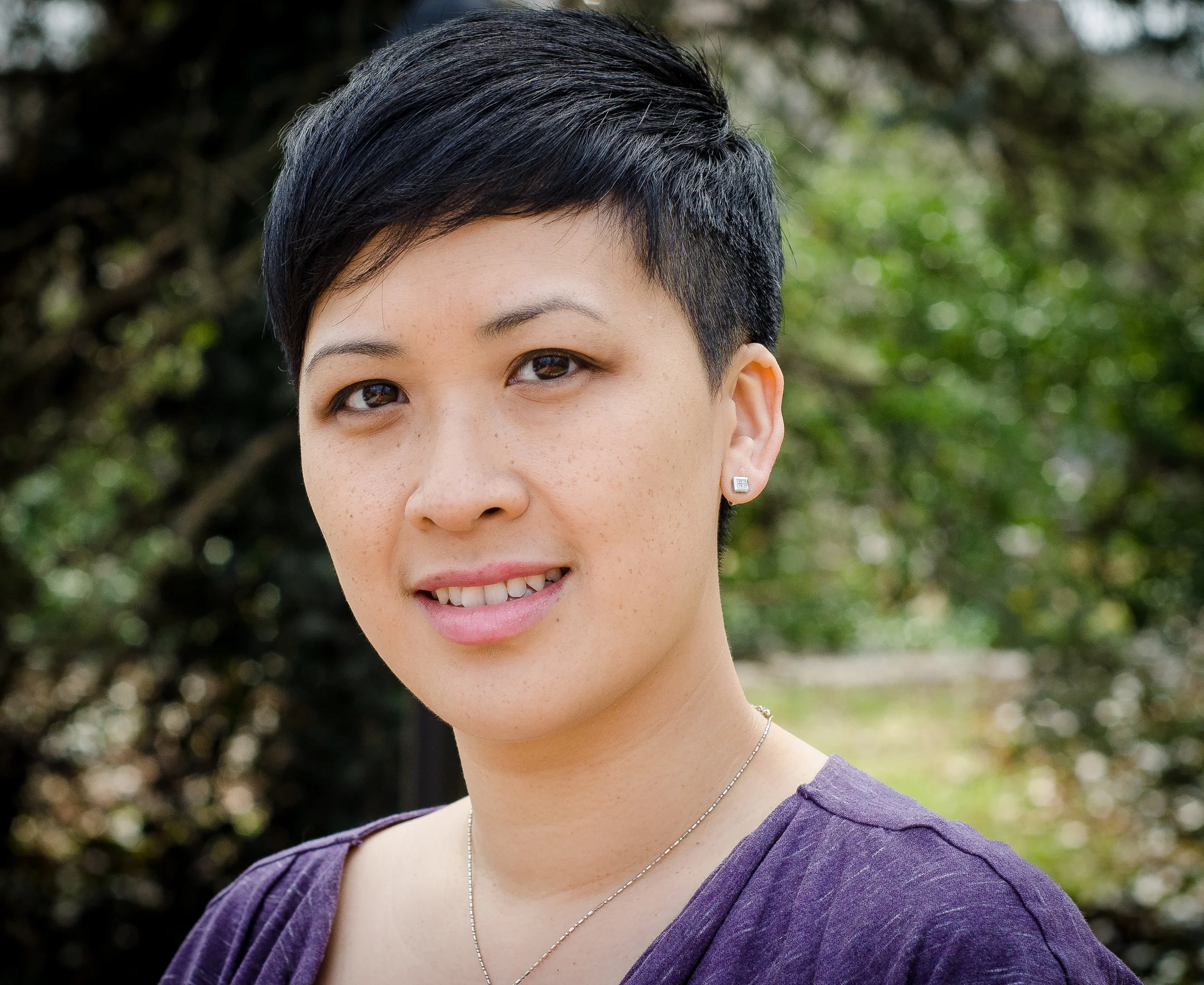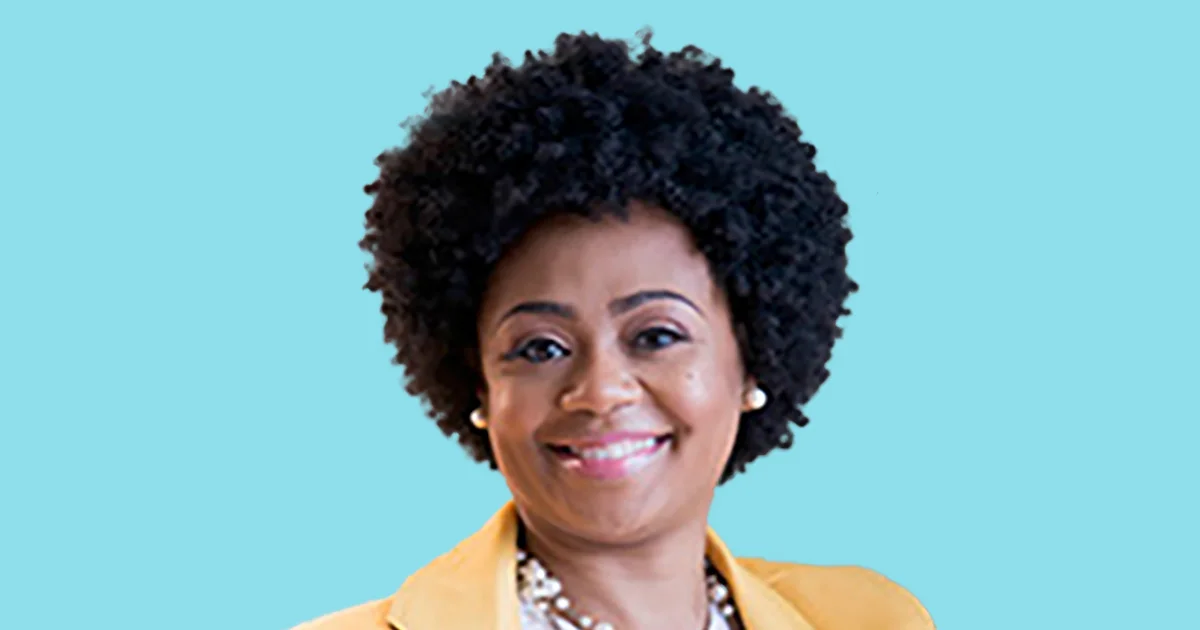I am director of Salud America! A national network that inspires people to drive healthy changes for Latinx children. I also direct the headquarters of the network, the Institute for Health Promotion Research at UT Health San Antonio. I have spent 30 years directing research on human and organizational communication to reduce chronic disease and cancer health disparities affecting the Latinx community, including cancer risk factors, A1:M10 trial recruitment, tobacco prevention, obesity prevention, healthy lifestyles promotion, and more. For Salud America!, I direct a team of passionate communicators who are creating research, stories, and tools to support policy and system changes for Latinx family health.
Read MoreIt definitely has been a journey filled with gratitude, where no day is the same. One day I can be driving three hours out to a rural part of my state to provide a suicide prevention training for a school and the next day working on mental health policy change. At times it's been late nights on a Friday evening (because that's when a crisis happens), calling all my mental health contacts to successfully identify a provider who can take in a new client immediately. Some days it's sitting on the sidewalk sharing a sandwich with my friend Aaron, who is homeless and suffers from mental illness--hoping that our conversation will get him to agree to see a provider.
Read MoreI am the co-founder of the National Coalition for Latinxs with Disability (CNLD). My job as a leader in this #DisabledLatinx movement is to network and connect with other Disabled and Latinx leaders in the U.S. and those who want to be leaders in the movement. I'm building bridges between the Latinx and Disability worlds. For too long, I've had to split my Latinx and disability identities, and I know that's true for others out there!
Read MoreI am Co-Founder and Lead Organizer for Aliados for Mental Health. My job is to construct spaces online and offline to raise awareness about issues related to the mental health of the Latinx community. I organize community events that give a voice to Latinx community members affected by mental illness and those interested in bilingual socially conscious psychotherapy from a healthcare perspective. We share knowledge and resources about mental illness and mental health care in hopes of raising awareness and decreasing stigma in the Latinx community. Our Aliados for Mental Health’s Facebook page is a simple way of “staying woke” to the issues affecting the Latinx mental health community.
Read MoreI am the Founder, President, and CEO of Comunilife, Inc. My job is to work with our board, staff, and community to develop culturally appropriate programs that help homeless and at-risk Hispanic New Yorkers access the services they need to live independently and reach their individual potential. In addition to providing direct services, a large part of my job is to advocate on behalf of our clients. This can include working to reduce the stigma associated with mental illness and educating our community on the benefits of early intervention.
Read MoreMy approach to advocacy starts with sharing my own vulnerability and the ups and downs of my journey. Instead of hiding my bipolar and anxiety I talk about it on social media and start a dialogue out of it for anyone to join. I also travel and speak for various mental health organizations even though most days I’d prefer to be wrapped up in my blanket in bed. I’ve often heard that men don’t talk about their mental health because that makes them weak. I used to hold back due to fear of verbal abuse, but I’ve realized that the more I open up the better my mental health is overall.
Read MoreI dispel myths and fight stigma by openly talking about my own mental health journey. Navigating a society that constantly reminds me I am not welcome here is hard and can impact my well-being. Some days are harder than others. I try not to shy away from talking about needing counseling and the trauma migration can cause. In my case, I also survived sexual assault. This, compiled with being undocumented, impacted the way I navigated the world and the resources I had access to. I use my documentary, No Le Digas A Nadie - Don't Tell Anyone, to talk about immigration, assault, trauma, and mental health.
Read MoreI am the Director of the Latino Youth & Family Immigration Project: Dímelo en Español at Ackerman Institute. We are a project in the institute that provides family therapy to first and second generation Latino immigrant families. We offer a specialized framework that, at its core, emphasizes cultural sensitivity and resiliency in families. I facilitate therapeutic conversations about immigration loss, the unique experience of parenting bi-cultural/bilingual children, trans-nationalism, identity, trauma and, more recently, about the current sociopolitical climate. We do this using the families' mother tongue language, Spanish.
Read MoreMinority mental health matters and presents a great opportunity to have intersections from various people of color with different cultures, values, and backgrounds explore each other's mental models to find common interests and fight stigma in our communities.
Read MoreMinority mental health matters to me because there are still a lot of victims to be pulled out of this situation by creating awareness about this sickness. It needs to be thought of a sickness that can be treated. Unfortunately, only a few of us have found ways of dealing with this sickness, and the rest us are suffering in silence because of the lack of knowledge or ignorance within our society.
Read MoreI took my stand at the podium and stated, "I will not end my life because I have a story to share. The more we talk about mental health, the more we will alleviate the stigma. There is no shame. There is no shame!" That is when I began my grassroots journey to bring awareness to mental health in my communities.
Read MoreI have seen the effects of untreated mental health in my life and in the black community. As minorities, it is undeniable that we have been exposed to so much generational and present day trauma. I believe our community has to learn how to heal. It is our time to change the narrative of what mental health looks like in our community and make emotional wellness a priority. I believe that if we can successfully do this then we can change the trajectory of our future generations.
Read MoreI recently founded the Queer Minority Mental Health Project to advocate for greater representation of, and resources for, LGBTQ people of color in the mental health field. Too many living at the intersection of these identities, including myself, lack representation in the mental health narrative and struggle to find LGBTQ and culturally competent providers. The Project seeks to educate the public on the unique mental health experiences of this community, and help providers understand their unique needs.
Read MoreI work at the intersection of race and mental health because I discovered somewhere along the way in my education that racism kills. It is exploitation and destruction. Killing is at the heart of its function. And so I came to ask myself, what does mental health look like--what can it possibly be--when you live in a world that is trying to kill you?
Read MoreI am a licensed Psychologist and the creator of Therapy for Black Girls. It is important to me that Black women and girls make their mental health a priority and to do this I wanted to create a platform that would make mental health issues more relevant and accessible. Through the use of blog posts, community conversations, and the podcast, I share information with Black women to help them become the best possible versions of themselves. I have been licensed since 2008 and working with Black women and girls has always been the focus of my practice.
Read MoreI wouldn't be alive if I didn't tell someone I needed help. I would have done that much sooner if my depression and anxiety issues were normalized. I founded Depressed While Black to be an online platform where we can share stories that remind us we are not alone. Our mental health is often bombarded with messages that people of color are less deserving of psychological care. Minority mental health reclaims our minds and embraces our complex and vulnerable humanity. Taking medication doesn't make you less of a spiritual person.
Read MoreAfter I began writing, tweeting, and talking about my journey with depression, suicide, and anxiety, I started to host events, participate in panels, give keynotes, and lead workshops based around mental wellness, particularly for Black folks. Via essays, articles, my site TheColoredBoy.com, and my podcast The Extraordinary Negroes, I try to talk and write about mental and emotional wellness as much as possible. Recently, I hosted a literary showcase and conversation series at the Schomburg Center for Research in Black Culture called #GetSomeJoy: A Blackstravaganza for Mental.
Read MoreWhen I was growing up, mental health was never discussed. If it was mentioned, it was hidden like a dirty secret or dismissed as a "white thing." But communities of color are not immune to mental illness. If anything, we're exposed to more trauma due to oppression and need to know how to take care of our mental health. If we continue to neglect our mental health, our bodies and spirits suffer. We deserve to experience wholeness and healing.
Read MoreI got started because I realized that if I didn't start being open about mental illness, I never would. There would never be an ideal time. And so all of this works its way into the work that I do. As my immigrant, Taiwanese mother told me, "We don't talk about these things." Minority mental health matters to me not only because minority communities often stay quiet about such topics, but also because minority communities experience traumas that are specific to their communities and that impact mental health.
Read MoreI've written extensively about my experience as a postpartum depression and anxiety survivor. In my visual art, I focus on the impact of trauma-both inherited and personal, and how living with rapid cycling bipolar disorder type 2 impacts my life. In my first couple of years as a mental health advocate, I noticed a lack of outreach and advocacy targeted specifically to and inclusive of women of color. I noticed our needs and experiences weren't being widely recognized or discussed and saw very few spaces dedicated to providing us support.
Read More